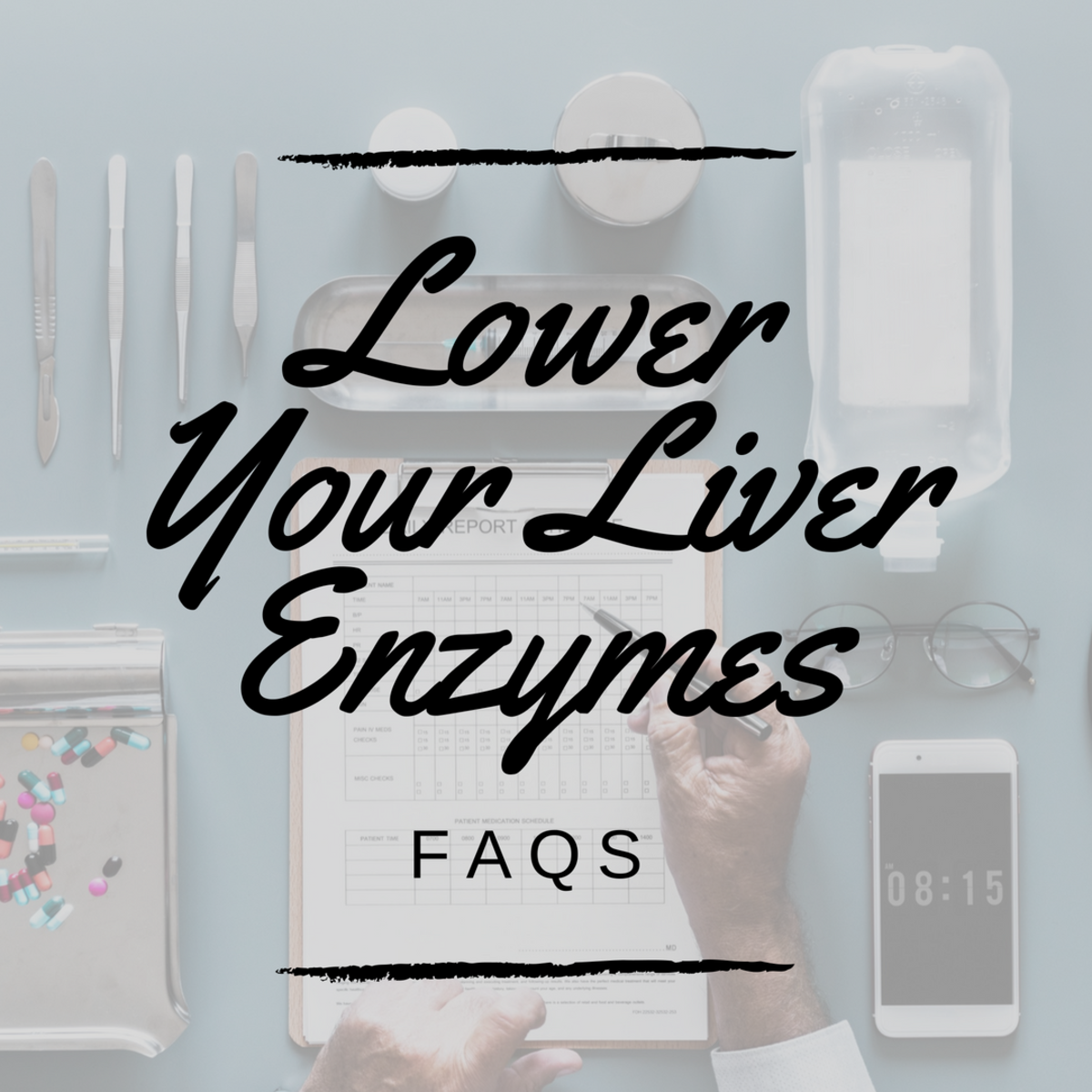Steps to Recovery from a Nervous Breakdown
What Is a Nervous Breakdown?
A nervous breakdown is a term generally used to describe when someone's mental health deteriorates to a point where he or she can no longer function in daily life. "Nervous breakdown" is a non-medical, unofficial name for acute attacks of anxiety or depression, and does not refer to an official diagnosis by a doctor or psychiatrist. However, if you or someone you know is suffering from the mental, social, or emotional deterioration that is usually referred to by this term, it can be helpful, and sometimes necessary, to seek professional help.



Possible causes include, but are not limited to:
- Death of a loved one
- Illness of a loved one
- Illness of self
- Loss of job
- Loss of friends
- End of relationship
- Divorce
- Traumatic event
- Sexual identity crisis
- Gender identity crisis
- Career crisis
- Financial stress
- Academic problems
- Social problems
- Relationship problems
- Pregnancy
- Abortion
- Birth
- Marriage
Whereas clinical depression and anxiety disorders can be triggered by life events, they often have causes linked to biological, genetic, neurological, or childhood causes, and extend beyond what is generally accepted as a "normal" time frame in reaction to the trigger. In contrast, a nervous breakdown may describe the sudden onset of a mental illness, or may simply be your body and mind's way of processing a life event. While inconvenient and upsetting, a nervous breakdown is not necessarily a reason to panic, and panic in addition to the stress of the breakdown itself does nothing to resolve the situation. A nervous breakdown is your mind and body's way of bringing your attention to the feelings you are ignoring, or incompletely processing.
Recommended Reading
Recovering from a Breakdown
Consequently, the key to preventing or getting through a nervous breakdown is actually the opposite of what you might expect. Attempting to "fight it off" can only serve to postpone and even exacerbate the breakdown. If you feel yourself getting overwhelmed, instead of pushing past those feelings, look for places in your life that you can scale back some of your stress. As soon as you recognize a feeling of loss of control or helplessness, the human reaction is to try to take control of the situation. Realize that taking back power in cases of stress is actually to seek out rest and peace. By forcing yourself to continue beyond what you can mentally or physically take is only feeding into your panic, giving the anxiety more power, more control. By giving yourself grace and space to feel your feelings and to empower yourself by acting on them, you offset the reasons your mind and body have for bringing you to the point of nervous breakdown.
If you are already past the point of non-functioning, it is sometimes necessary to seek help, in the form of a support group, individual therapy, and/or consultation with a psychiatrist. "Getting help" can sometimes feel like a failure, but keep in mind that, in context, making that step is just another way of you being capable and taking care of yourself. If you suddenly found yourself hacking up a lung, you would make an appointment with a doctor, and follow his or her prescribed treatment plan until you were better. Similarly, seeing a therapist does not have to be a life sentence, but can be thought of in these instances as a treatment regimen, the same as taking antibiotics for pneumonia would be. When you have flushed out the initial cause of the infection, and have tools for future prevention, you no longer need to take the medication. However, if you did not see the doctor and continued to let the infection brew, you might need more serious intervention later, and end up with lasting damage. A nervous breakdown is not the end of the world, and does not need to lead to a lifetime of mental illness-as long as you take care of yourself responsibly if or when it does happen to you.









